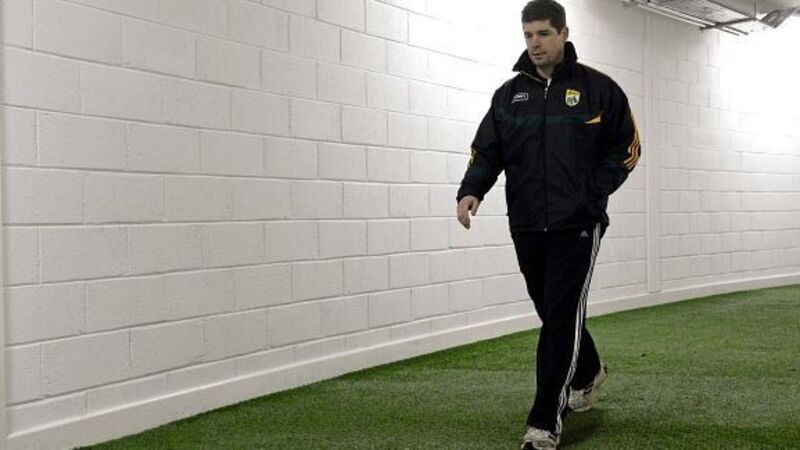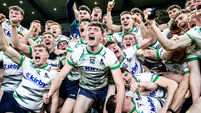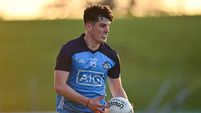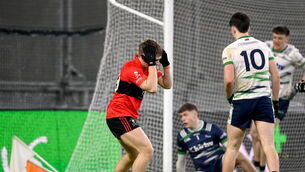Fitzmaurice: Nice guys can finish first but they’re not always nice...

It’s hard nowadays to gain any sort of insight into the mind of an inter-county manager. For starters, they’ve become extremely guarded in dialogue, not just on their match prospects but also on the training methods and tactics they employ. A mystique is generated around some managers. Like Eamonn Fitzmaurice. He is the new modern breed. Young and inscrutable, he seems in the mould of an O’Rourke, McNulty, McGeeney, McCartan or McGuinness. He is in charge of the most successful football county in the country, obviously has a clear direction in mind for this team and yet no one yet knows what this is. What are the qualities he is emphasising above others in the Kerry camp? What is he not tolerating and where is he trying to take this team? As the season progresses and as opinions form and change, this will flesh itself out. However, from previous experience playing both with and against him, some traits are revealing.
Firstly, he’s a genuinely nice guy. In February 2001, Fitzmaurice was returning to UCC for his H Dip year and to have a final crack at a Sigerson medal. Kerry had won the previous year’s All-Ireland with him at centre-back. An All-Ireland senior medal is valuable currency in a dressing room of impressionable and ambitious young men. This UCC dressing-room was an intimidating place for a first year student, yet he disregarded the insecurities and the social hierarchy and made a point of making the new guys feel welcome.














